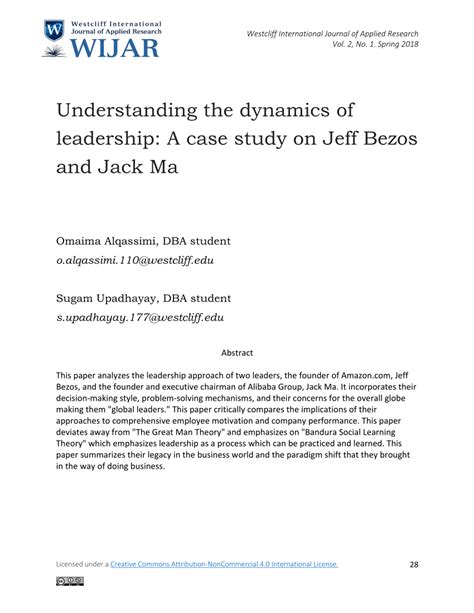Unlocking New Opportunities in Digital Economies: How Cryptocurrency is Revolutionizing Supply Chain Management
The world of finance has long been dominated by traditional payment methods, but a new wave of innovation is changing the way businesses operate. Cryptocurrency, a decentralized digital currency, has emerged as a game-changer for supply chain management (SCM). By understanding the dynamics of cryptocurrency and its integration with blockchain technology, companies can unlock new opportunities, reduce costs, and improve efficiency.
What is Blockchain Technology?
Blockchain is a distributed ledger that records transactions across a network of computers in a secure and transparent way. It’s based on a decentralized system of nodes, which validate and verify transactions to ensure their integrity. The blockchain platform, led by Bitcoin, has been adopted by various industries, including finance, logistics, and healthcare.
The Connection between Cryptocurrency and Blockchain:
Cryptocurrencies like Bitcoin, Ethereum (ETH), and Litecoin (LTC) are built on top of the blockchain technology. They use cryptography to secure transactions and control the creation of new units. These digital currencies operate on a decentralized network, allowing users to send, receive, and store value without the need for intermediaries.
Understanding Cryptocurrency Supply Chains
Cryptocurrencies have become increasingly popular as digital payment methods in e-commerce, online marketplaces, and cross-border trade. However, their adoption has also sparked interest in understanding how they can be integrated into traditional supply chains. In this article, we’ll delve into the dynamics of cryptocurrency supply chain management.
Benefits of Cryptocurrency in Supply Chain Management
- Reduced Transaction Costs: Cryptocurrencies enable fast, low-cost, and secure transactions, reducing the need for intermediaries like banks and payment processors.
- Improved Transparency: Blockchain technology provides a transparent record of transactions, ensuring that all parties involved can track the movement of goods.
- Increased Security: Cryptocurrencies are decentralized, making them less susceptible to hacking and cyber attacks.
- Efficient Supply Chain Visibility: With blockchain integration, companies can access real-time visibility into their supply chain operations.
Challenges and Opportunities in Integrating Cryptocurrency with Blockchain
- Regulatory Uncertainty

: The regulatory landscape is still evolving, making it challenging for businesses to navigate the complex rules and regulations surrounding cryptocurrency and blockchain.
- Technical Complexity: Implementing blockchain technology requires significant technical expertise, which can be a barrier for small and medium-sized enterprises (SMEs).
- Scalability and Interoperability: Cryptocurrencies are not yet widely adopted, and there is still a need for scalability solutions to handle high volumes of transactions.
Best Practices for Introducing Cryptocurrency into Supply Chain Management
- Start Small: Begin with pilot projects or small-scale implementations to test the feasibility and effectiveness of cryptocurrency in your supply chain.
- Develop a Clear Strategy: Establish clear goals, objectives, and strategies for integrating cryptocurrency in your supply chain operations.
- Collaborate with Partners: Engage with industry partners, suppliers, and stakeholders to ensure that all parties are aligned and informed throughout the process.
Conclusion
Cryptocurrency has the potential to revolutionize supply chain management by enabling fast, secure, and transparent transactions.
